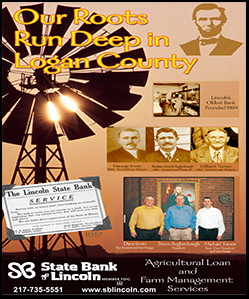| ||||||||||
| ||||||||||
Reviewing stock market and election results dating to 1950, Fidelity Investments concluded that stocks soar the year after midterm elections, with or without divided government. Stocks of small companies surge an average of about 46 percent in the year after a midterm election that gives one party control of both Congress and the White House, Fidelity's research found. That compares with a gain of about 24 percent after the government is left divided. Large-company stocks perform about the same either way. William Galston, senior fellow at the Brookings Institution and a domestic policy adviser in the Clinton administration, says compromises in the next Congress are possible. Lawmakers in both parties might support a grand tax bargain that would trade lower corporate rates for fewer loopholes. Each could claim to have made the tax code more efficient. And Obama might get more support from Republicans than Democrats for a free trade agreement he's working on with South Korea. The two parties appear to be moving toward a deal to extend tax breaks passed during President George W. Bush's first term that are scheduled to expire Dec. 31. Obama wants to renew the cuts only for families earning less than $250,000 a year. He says the government, having run a $1.3 trillion deficit for the just-ended budget year, can't afford to continue tax breaks for the wealthy, too. Republicans want the breaks renewed for everybody, arguing it would be folly to let taxes rise on anybody when the economy is so fragile. Joseph Quinlan, chief market strategist at U.S. Trust, expects the government to "kick the can down the road" with a deal to extend all the tax breaks for one year. Even so, renewing the tax cuts doesn't do anything new for the economy. They have been in place since before the Great Recession and throughout its dismal aftermath. The prospect for a big breakthrough in economic policy seems low if the two parties battle each other to a standstill through the 2012 presidential election. "Short-term gridlock is very bad for the outlook," Bank of America analysts say in a report on the election. "In today's challenging environment, inaction is dangerous."
[Associated
Press;
Copyright 2010 The Associated Press. All rights reserved. This material may not be published, broadcast, rewritten or redistributed.
News | Sports | Business | Rural Review | Teaching & Learning | Home and Family | Tourism | Obituaries
Community |
Perspectives
|
Law & Courts |
Leisure Time
|
Spiritual Life |
Health & Fitness |
Teen Scene
Calendar
|
Letters to the Editor